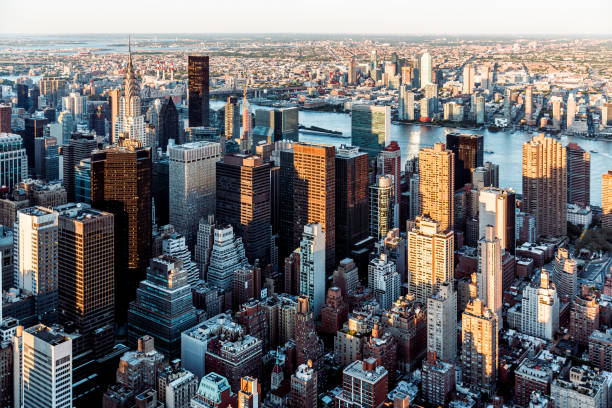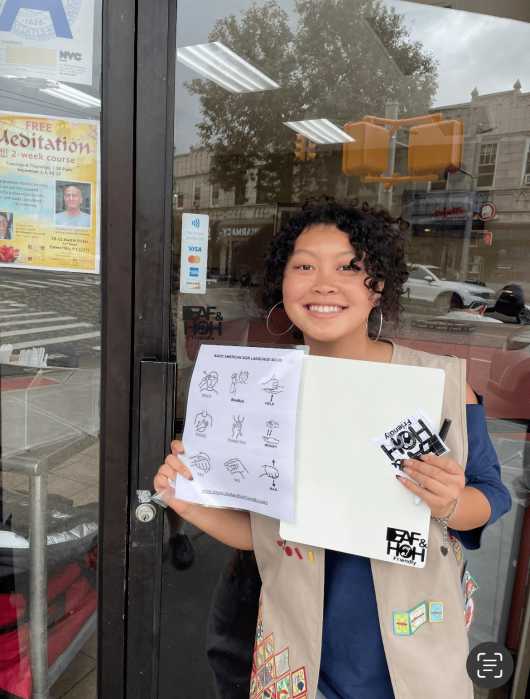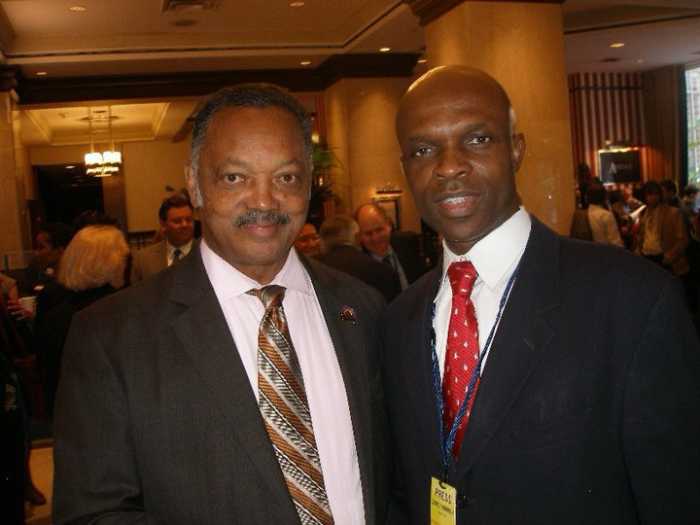By Prem Calvin Prashad
No doubt many across our borough have watched the events in Brussels with anxiety, perhaps wondering if the events at Zaventem Airport could happen at La Guardia or JFK. We wonder if we’ll be safe in the subway—a system so large we could never hope to perfectly secure it. We spent most of last week going about our lives alongside police dogs and heavily armed police and to a certain extent, we’ve accepted it as the new normal.
By now, we know the platitude—in that the Western world cares only about the victims of terrorism when it happens in the West. While there is certainly some truth to this, it’s easy to see how Queens residents could identify with their European counterparts, as opposed to anonymous faces on the other side of the world. The attacks come at a time of exceptional violence, as this month has seen deadly attacks in Turkey, Iraq, Pakistan and the Ivory Coast.
While we are all prone to be selective in our outrage and mourning, it seems especially pertinent, after a week of exceptional violence, to remember that extremist violence affects innocents all over the world. When our leaders speak only about Belgium, it distorts the true nature of suffering around the world. Even the Easter Sunday attack in Lahore, Pakistan, an attack meant to terrorize religious minorities, killed Muslims and Christians alike. The March 13 attack on Grand Bassam, a tourist destination in the Ivory Coast, victimized a country where equal numbers of Muslims and Christians live in harmony.
When people search for answers or rationale in the actions of madmen, there is a propensity to find scapegoats, including refugees fleeing violence from the same non-state actors that attacked Brussels, or Muslim communities in the United States. In ignoring that the primary victims of ISIS or the Taliban are other Muslims, we lapse into believing our Muslim neighbors, with whom we have lived peaceably with, for decades, tacitly support these attacks, or would seek to harm us.
Unlike France and Belgium, the Muslim-American community is well-integrated and not prone to radicalization. Aside from isolated incidents, fears of mass radicalization that arose in wake of the 9/11 attacks failed to materialize. In response to Brussels and citing the threat of radicalization, Sen. Ted Cruz (R-Texas) suggested special police patrols of Muslim neighborhoods. John Miller, the NYPD’s Deputy Commissioner of Intelligence and Counterterrorism, slammed this proposition, citing the number of Muslim officers on the force and comparing the idea to other violations of civil liberties, including the internment of Japanese Americans during World War II. Indeed, even Cruz admits that the vast majority of Muslims in the United States are “law-abiding.”
I’m not going to discourage mourning the victims of terror in Brussels, but know that in Queens especially, your neighbors from Turkey or Pakistan are also in mourning and feeling uneasy for themselves and their relatives abroad. Our country is at its worst when it reacts out of fear and we are best served by recognizing all victims of terror, not just the ones with whom we can easily relate.


































